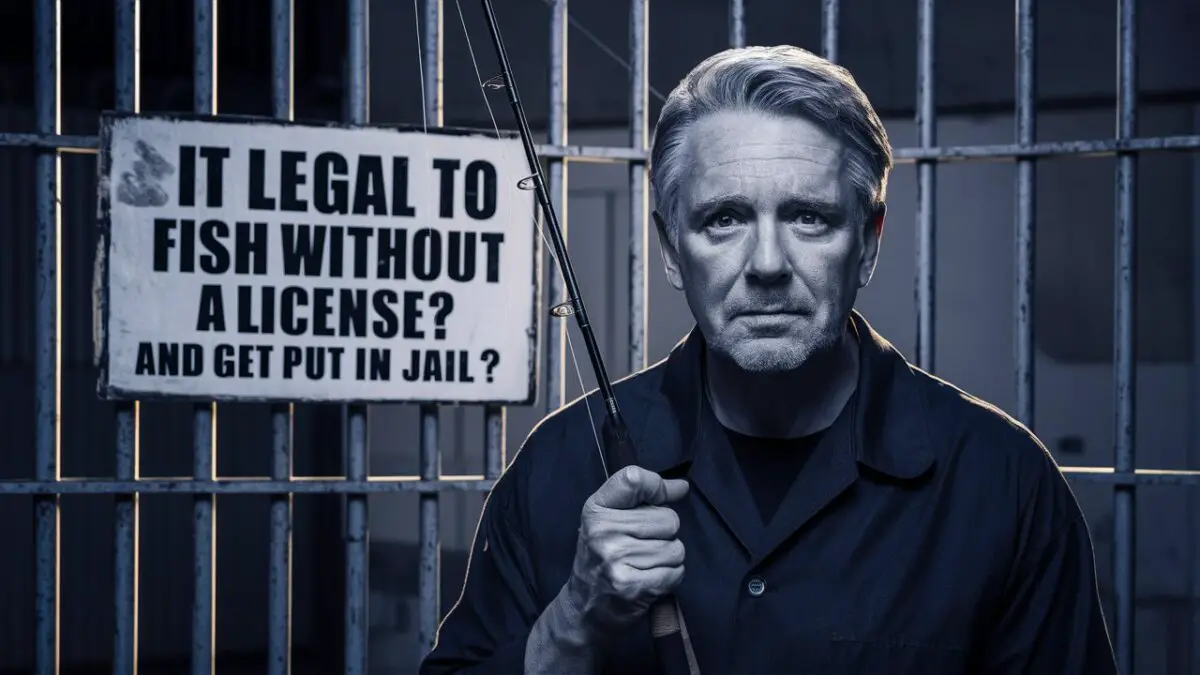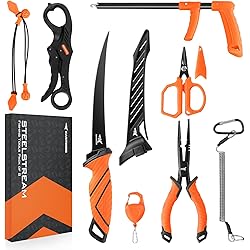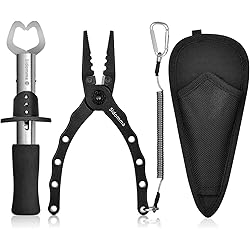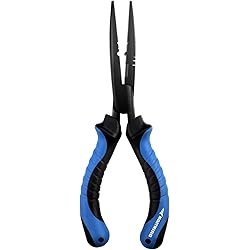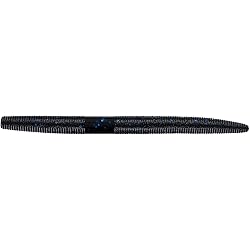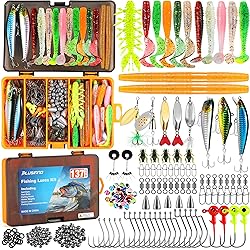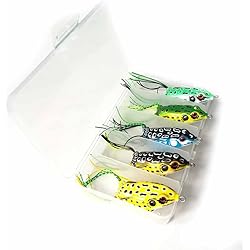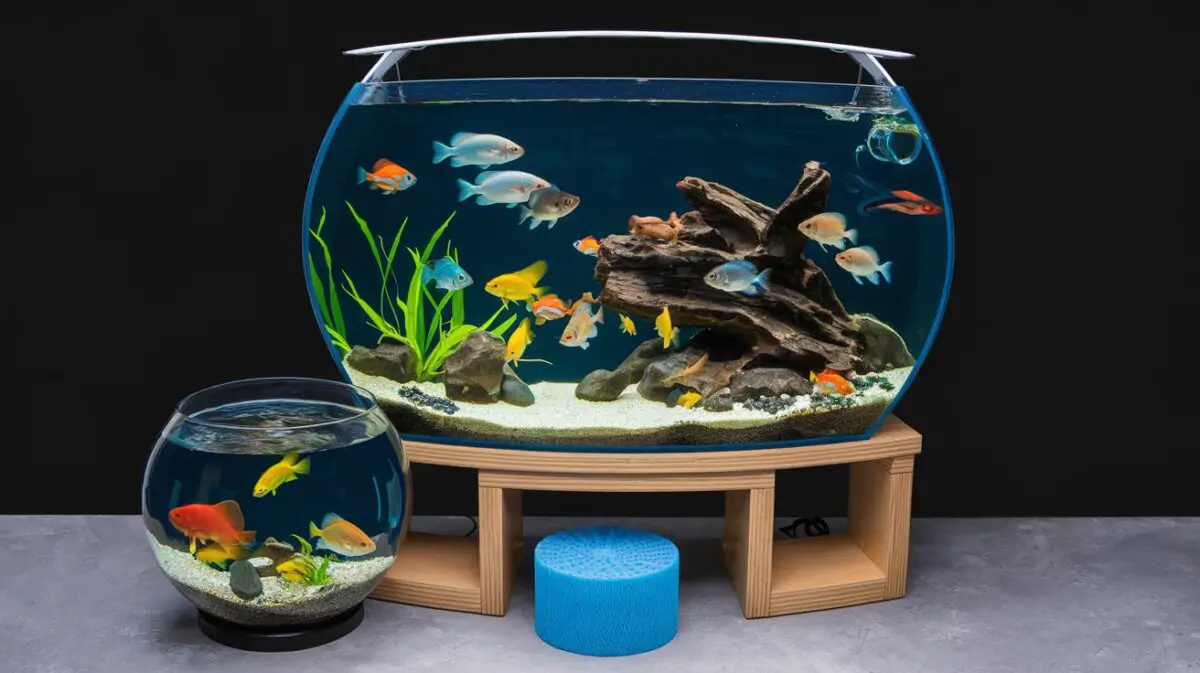Is It Legal to Fish Without a License and Get Put in Jail? For many people, fishing is more than simply a pastime—it’s a way of life. But fishing is more than just dipping a line into the water.
Obtaining a fishing license is an essential consideration for each angler.
This article will examine the ramifications of fishing without a license, including the legal ramifications, situations that may result in legal action, and the overall effects on people and the environment.
It is critical to follow the law because fishing without a license can have serious legal repercussions, including fines and possibly even jail time.
Instances such as normal wildlife authorities’ inspections, anonymous tips, or offenses that other fishermen report may result in legal action.
Underwater Fishing Camera Video Fish Finder
Fishing without a license reduces fish populations and upsets the natural balance, which affects the entire community.
The effects on the environment include habitat destruction, overfishing, and the extinction of aquatic species.
As a result, obtaining and upholding a fishing license is a commitment to maintaining the delicate balance of our aquatic ecosystems, as well as a legal requirement.
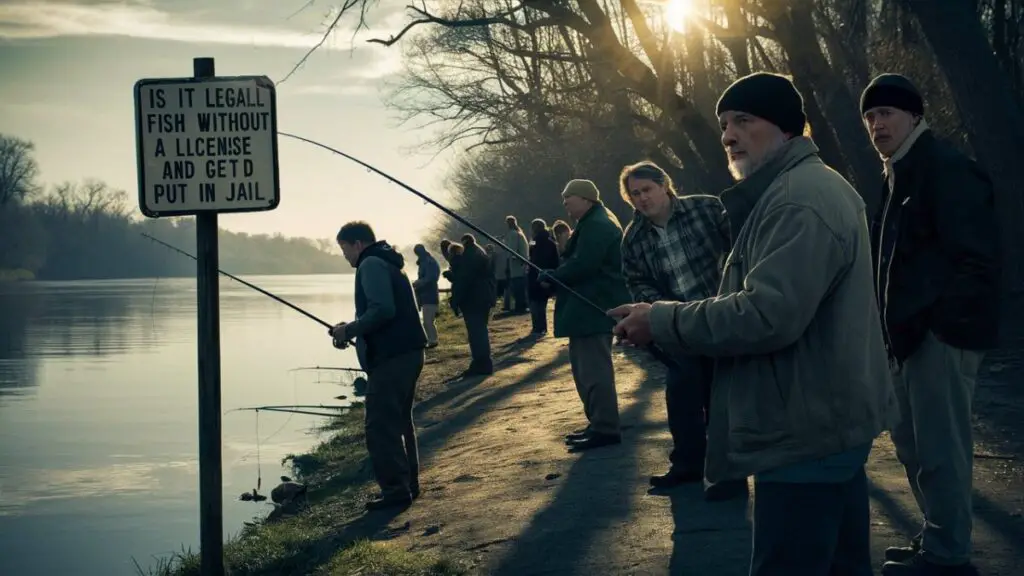
I. Introduction
A. Importance of Fishing Licenses
More than just a legal need, fishing permits are essential instruments for managing and protecting aquatic environments.
These licenses are an essential tool that governments use to control and manage fish populations in a sustainable manner, ensuring the long-term health of aquatic ecosystems.
By getting a fishing license, people actively support the preservation of water resources and ecological balance.
This procedure facilitates ethical fishing methods, keeps overexploitation at bay, and promotes the peaceful coexistence of human activity and the environment.
To put it simply, fishing permits are the cornerstone of a comprehensive plan for protecting aquatic biodiversity and practicing environmental stewardship.
B. Legal Consequences of Fishing Without a License
It’s important to understand the legal ramifications of not having a fishing license before packing up your gear and hitting your favorite area.
Financial fines and even severe punishments, such as the possibility of jail, are potential outcomes.
Understanding and following fishing rules not only prevents legal issues, but also protects the environment.
To enjoy your fishing trip properly, make sure you have the necessary fishing license and avoid any legal complications that might ruin the peace of your outdoor experience.
Remain aware, follow the guidelines, and enjoy your fishing experience in a responsible manner!

II. Recognizing the Rules for Fishing
A. Overview of Fishing Regulations
Governments all over the world enforce fishing laws intended to guarantee sustainable practices in order to keep the peace and avoid overfishing.
These rules include a variety of topics, including catch limits, which indicate the most fish that can be taken in order to preserve aquatic environments.
Furthermore, we carefully plan fishing seasons to control when fishing occurs and allow fish populations to repopulate throughout the mating season.
Furthermore, a current fishing license is an essential requirement because it provides funding for conservation initiatives, as well as monitoring and controlling the number of fishermen.
Underwater Fishing Camera Video Fish Finder
Through these measures, governments aim to strike a balance between ecological preservation and the interests of the angling community.
B. Different Types of Fishing Licenses
Different types of fishing permits are available to support a variety of fishing activities.
Finding a license that suits your needs is crucial, regardless of whether you’re an enthusiast looking for a leisure experience, a professional engaged in commercial fishing, or someone who is passionate about a particular type of angling.
These permits support sustainable fisheries management in addition to granting you permission to fish.
Investigate the unique rules and perks connected to each kind of fishing to make the most of your experience.
With the correct license, you may cast your line confidently and within the law, whether it’s for a busy business operation or a peaceful day by the lake.
C. Cost and Application Process
Even though getting a fishing license can appear complicated, the fee and application procedure are typically simple.
Putting forth the time and money to get a license supports conservation efforts and ensures that fisheries remain sustainable.
Furthermore, having a current fishing permit guarantees adherence to regional laws, encouraging ethical fishing methods.
By participating in the licensing system, anglers significantly contribute to the preservation of aquatic environments and ecological balance.
In the end, obtaining a license is a minor annoyance that makes a significant contribution to the long-term health and welfare of our aquatic ecosystems.
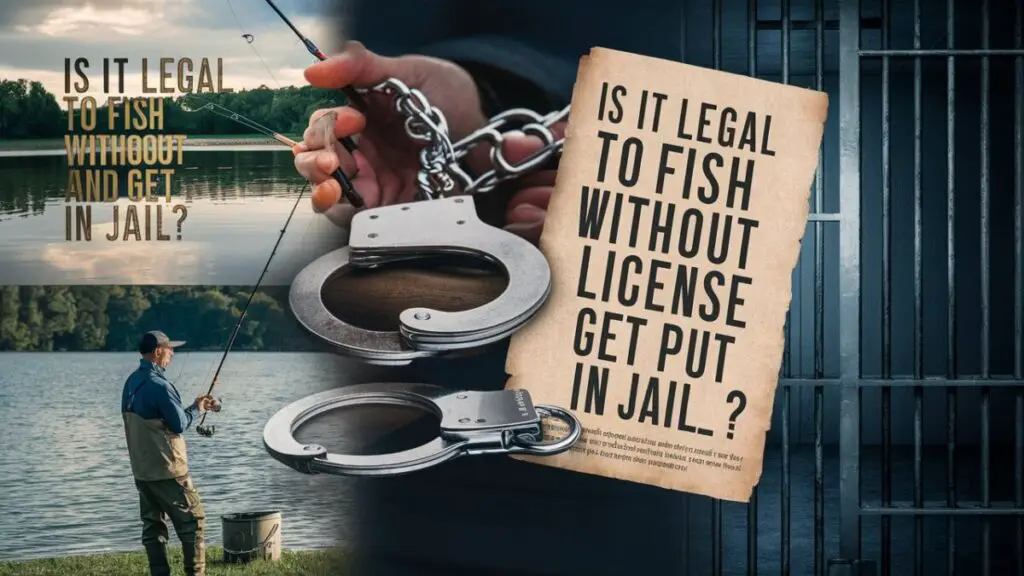
III. Can You Go to Jail for Fishing Without a License?
A. Severity of Penalties
Different jurisdictions have different penalties for fishing without a license, and strict safeguards are in place to discourage offenders.
Penalties emphasize the need to follow licensing standards by ranging from significant penalties to the possibility of incarceration.
In other areas, the government has taken a tough stand and imposed fines that emphasize how important it is to have a fishing license.
Protecting aquatic habitats and upholding environmental harmony are the goals of these actions.
Fishing Lures Kit Mixed Including Minnow Popper Crank Baits with Hooks for Saltwater Freshwater
As a result, potential offenders should be aware of the varying degrees of enforcement and the legal repercussions associated with unauthorized fishing, promoting responsible and sustainable angling practices.
B. Enforcement of Fishing Regulations
Enforcing fishing restrictions is one of the most important ways to stop illegal fishing.
Law enforcement agencies employ a variety of tactics, such as planned patrols, spontaneous spot inspections, and sophisticated monitoring methods, to ensure compliance with strict licensing requirements.
By acting as a deterrent, these actions preserve the integrity of marine ecosystems and discourage prospective offenders.
Enforcing strict regulations encourages sustainable fishing methods, protecting aquatic biodiversity.
In order to maintain a proactive approach to illicit fishing and protect the delicate balance of maritime habitats, authorities are using more and more cutting-edge surveillance techniques as technology develops.

IV. Events That Initiate Lawsuits
A. Caught in the Act
You will almost certainly face legal repercussions if found fishing without a proper license, especially in areas where enforcement is in place.
In areas where illegal fishing is common, authorities continue to be vigilant, using cutting-edge monitoring methods to quickly locate and capture violators.
Improper licensing threatens the survival of nearby aquatic habitats and can result in severe legal repercussions.
In order to protect marine resources, people must follow license requirements, which support legal compliance as well as environmental sustainability.
Disregarding these regulations jeopardizes attempts to preserve a healthy and balanced aquatic ecosystem, in addition to posing a danger of fines.
B. Repeat Offenses
Because law enforcement takes recurrent infractions more seriously, repeat offenders face severe legal consequences.
Recidivism results in increased scrutiny and harsher punishments, such as higher fines and a higher chance of jail.
By emphasizing harsher penalties for recurring offenses, the legal system emphasizes the value of deterrence.
The goal of this strategy is to dissuade people from participating in a pattern of illegal activity.
Fishing Lures Kit Mixed Including Minnow Popper Crank Baits with Hooks for Saltwater Freshwater
By placing a greater emphasis on recurrent offenses, the legal framework seeks to address the root causes of persistent criminal conduct and safeguard societal well-being through a more stringent enforcement strategy.
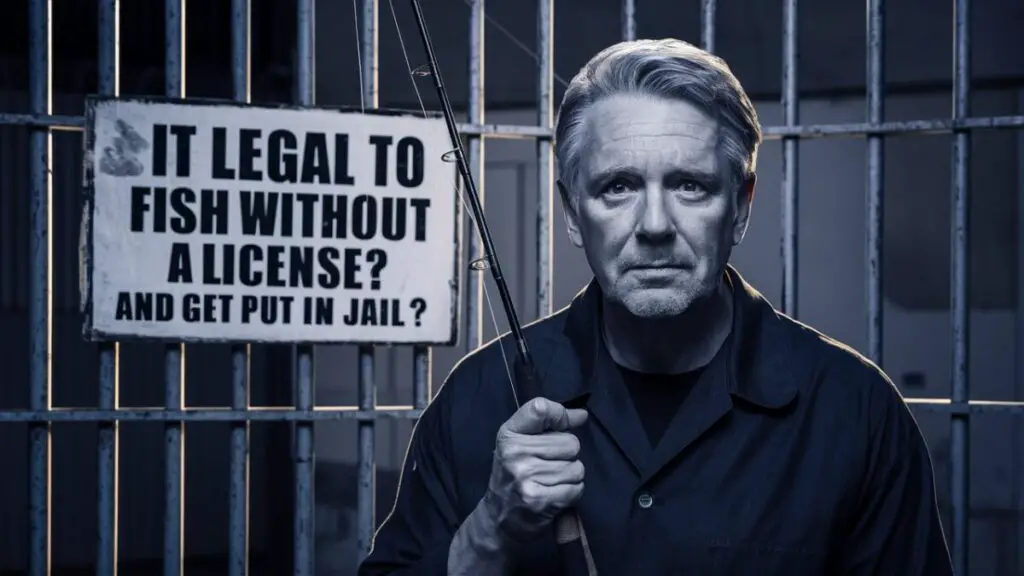
V. Legal Remedies and Options
A. Obtaining a Fishing License
Getting a current fishing license is the first and best step toward avoiding legal issues.
This small investment is crucial to protecting aquatic habitats in addition to guaranteeing regulatory compliance.
Obtaining a valid permit is the first step toward ethical fishing, which is in line with the more general objective of protecting natural areas.
This preemptive action shows a dedication to sustainable practices while also avoiding legal repercussions.
Essentially, a fishing license is proof of one’s commitment to following the law and protecting our priceless aquatic environments.
B. Education and Awareness
It is critical to promote knowledge and understanding of the value of fishing permits.
Ignorance is a major cause of infractions, and knowledgeable anglers are more likely to abide by the rules.
Educational programs should emphasize the ecological effects of illicit fishing to instill a sense of accountability.
Governments and non-governmental organizations must work together to raise public awareness through campaigns that emphasize the legal consequences of noncompliance.
We can ensure sustainable practices and foster a culture of respect for aquatic environments by including educational programs in community activities and schools.
Knowledgeable fishermen help to maintain aquatic biodiversity by striking a healthy balance between environmental preservation and leisure time.
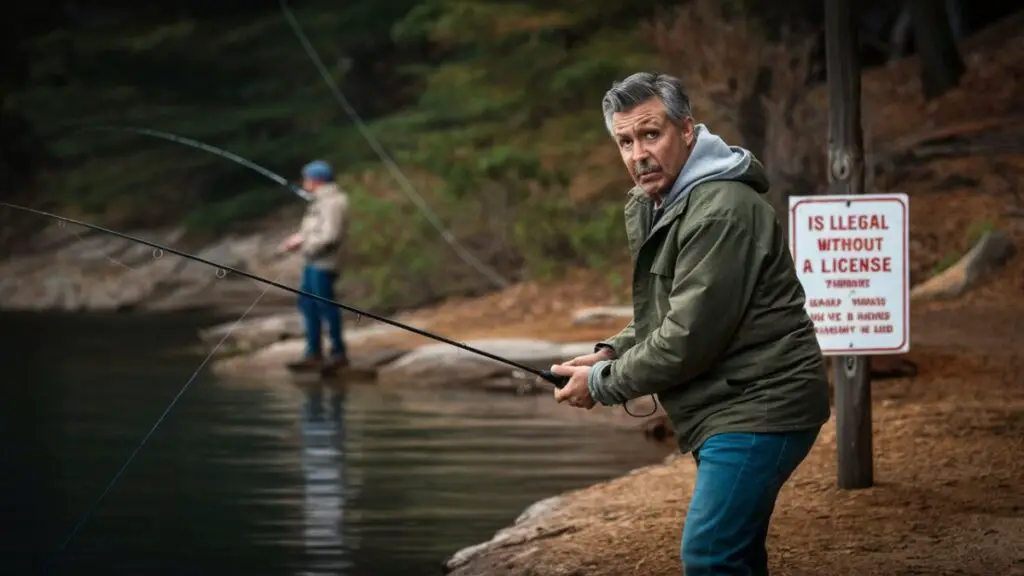
VI. Clearing Up Frequently Held Myths
A. Beliefs About Leniency
A common misconception among fishermen is that they are lenient toward unlicensed fishing.
Despite widespread beliefs, enforcement organizations really treat these offenses seriously.
Not only may fishing operations endanger aquatic ecosystems, but individuals who engage in such activities may also face legal ramifications.
To guarantee compliance, authorities employ sophisticated monitoring strategies and implement surveillance tactics.
As environmental concerns increase, it is critical that both new and seasoned fishermen understand the need for obtaining and honoring fishing permits in order to promote a healthy coexistence of recreational and conservation endeavors.
Is It Legal to Fish Without a License and Get Put in Jail?
B. The Importance of Compliance
Respecting fishing rules goes beyond just following the law; it is a community effort to preserve fish populations for future generations, ensuring that fishing remains enjoyable for them as well.
Accepting these rules is a vital component of our responsibility to encourage the healthy coexistence of aquatic ecosystems and recreational activities, not just following the law.
We support the larger conservation effort by following the established guidelines, which guarantee that our fishing methods now meet the demands of the future.
Therefore, maintaining an enduring legacy of ethical and pleasurable fishing experiences depends critically on compliance.
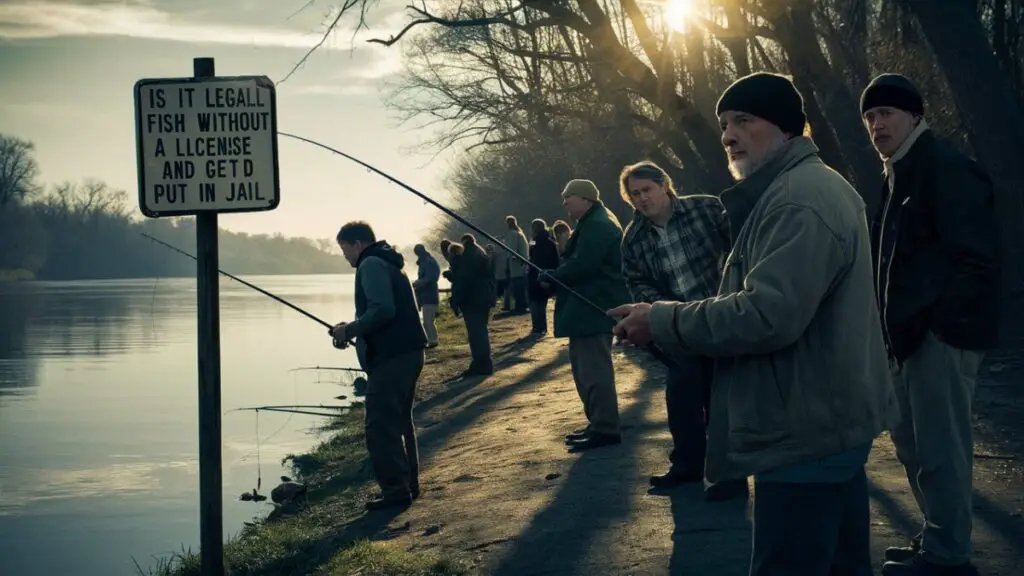
VII. Effect on Efforts in Conservation
A. Role of Fishing Licenses in Conservation
Fishing permits are essential to conservation because they maintain a variety of habitats.
Funding for wildlife conservation initiatives, such as habitat restoration, species preservation, and overall ecosystem biodiversity enhancement, heavily depends on licensing fee revenue.
These funds play a critical role in assisting programs that promote ethical fishing methods and guarantee the long-term health of aquatic ecosystems.
By obtaining a fishing license, anglers actively support the preservation of natural ecosystems and the delicate balance of marine life.
As a result, licensing is a crucial tool for protecting the very ecosystems that allow for fishing, in addition to granting the right to fish.
Fishing Pole Spinning Reels Fishing Carrier Bag for Travel Saltwater Freshwater Fishing
B. Supporting Sustainable Fishing Practices
By getting a fishing license, anglers actively support sustainable fishing techniques and the preservation of aquatic habitats.
As a result, this maintains an essential balance in marine environments, preventing overfishing and preserving marine life’s fragile equilibrium.
By emphasizing ethical fishing, people support the long-term health of our seas and the diversity of fish species.
The ongoing dedication to obtaining and upholding fishing permits emphasizes a shared need to support aquatic biodiversity, promoting a peaceful coexistence between fishermen and the fragile ecosystems they value.

VIII. The Cost to Humans and the Environment
A. Harm to Ecosystems
Unlicensed fishing exacerbates imbalances in aquatic environments and leads to an increase in overfishing.
Unauthorized harvesting upsets the natural balance, which has a domino effect.
A few species are rapidly becoming extinct, disrupting the fragile balance of the ecosystem.
The effects cascade across complex food webs, causing ecological disruption.
This unregulated activity threatens the survival of many aquatic communities, endangering biodiversity.
It also creates the possibility of harm to other animals that depend on stable ecosystems.
In order to preserve the delicate balance and guarantee sustainable practices that protect our priceless aquatic habitats, a proper fishing license is essential.
B. Ethical Considerations
Fishing without a license has ethical ramifications in addition to legal ones.
Responsible fishermen follow the rules to reduce their impact on the ecosystem and acknowledge their role in its preservation.
Using sustainable fishing methods ensures the health of aquatic habitats over time.
Respecting license requirements is essential to conservation efforts and promotes a peaceful coexistence between anglers and the natural world.
Not only is it against the law to operate without a proper license, but it also upsets the delicate balance of marine life.
Maintaining environmental stewardship through ethical fishing ensures that future generations may continue to enjoy the sport while protecting the variety of aquatic environments that these responsible fishing methods support.

IX. Real-World Repercussions
A. Case Studies of Legal Actions
Examining actual cases of people prosecuted for fishing without permission reveals crucial details about the potential outcomes.
These true stories highlight how important it is to have the right fishing license and act as a warning to prospective violators.
Analyzing these incidents not only clarifies the legal repercussions but also emphasizes how important it is to abide by fishing restrictions.
These tales serve as cautionary tales, highlighting the significance of abiding by environmental regulations and encouraging fishermen to take responsibility for their actions.
In the end, investigating these occurrences helps to create a fishing community that is more knowledgeable and compliant with the law, which promotes long-term sustainable practices.
Fishing Pole Spinning Reels Fishing Carrier Bag for Travel Saltwater Freshwater Fishing
B. Lessons Learned
The insights gained from the experiences of those who encountered legal ramifications underscore the significance of adhering to fishing restrictions.
It emphasizes how important it is for fishermen to apply for and renew their permits on time.
Continuous consideration is necessary for these laws, which aim to safeguard maritime environments.
Anglers can help ensure the sustainable management of aquatic resources by adhering to appropriate fishing methods and staying up-to-date on the most recent legislation amendments.
Beyond only paying fines, non-compliance has a negative effect on the ecosystem and the next generation of anglers.
Adopting a legal consciousness guarantees that fishermen and the fragile aquatic environments they love can live in harmony.

X. Encouraging Conscientious Fishing
A. Importance of Responsible Fishing Practices
Responsible fishing goes beyond simply following the rules.
It prioritizes the health of fish populations and ecosystems by embracing sustainable fishing practices and habitat conservation.
Conservation initiatives are critical to preserving aquatic ecosystems and the future of fishing.
Anglers actively contribute to the preservation of aquatic biodiversity by using ethical fishing methods, such as catch-and-release fishing.
This methodology not only conforms to legal mandates but also displays a dedication to the wider ecological equilibrium.
In the end, ethical fishing guarantees that the pleasures of fishing continue for current and future generations, promoting a peaceful coexistence between leisure activities and environmental conservation.
B. Community Initiatives
One of the main forces behind the advancement of ethical fishing is the community-driven projects that are based on local organizations and fishing clubs.
These community-based initiatives, frequently supported by environmental organizations, encourage cooperation in order to successfully inform and involve fishers.
Through raising public understanding of sustainable practices, these partnerships protect aquatic environments and enable people to accept peaceful living in marine settings.
When these little organizations work together, a domino effect occurs that converts individual efforts into a group commitment to protect our seas.
Collaboration between anglers and community-led projects significantly shapes a more sustainable and responsible fishing culture.
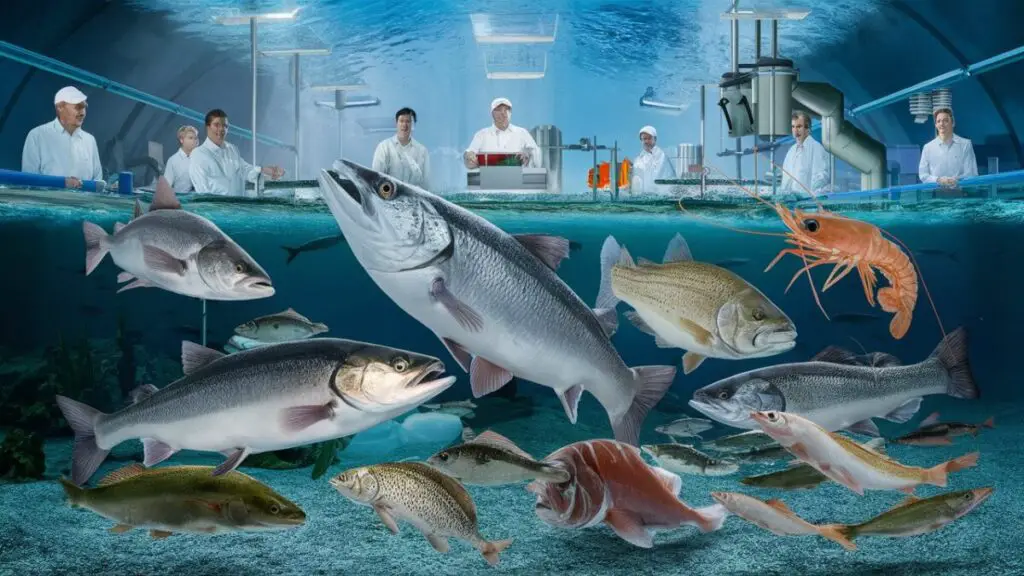
XI. Conclusion
A. Recap of Key Points
Fishing without a license isn’t just a legal issue; it’s a matter of preserving the natural balance of aquatic ecosystems.
From legal consequences to the broader impact on the environment, there’s much at stake for anglers who neglect the importance of fishing licenses.
B. Encouragement for Responsible Fishing
As stewards of our waterways, anglers bear a responsibility to uphold ethical and legal standards.
Obtaining a fishing license is a simple yet impactful step towards being a responsible angler, contributing to the long-term health of our aquatic environments.
FAQs
Q: Can I fish without a license if I’m just doing it for fun and not selling the catch?
A: No, regardless of the purpose, a fishing license is generally required to ensure responsible angling and conservation efforts.
Q: Are the penalties for fishing without a license consistent across different states?
A: Penalties may vary, so it’s crucial to familiarize yourself with the specific regulations of the area where you plan to fish.
Q: What role do fishing licenses play in environmental conservation?
A: Fishing licenses contribute funds to conservation initiatives, supporting the health and sustainability of aquatic ecosystems.
Q: Can I obtain a fishing license online, and is the process easy?
A: Many places offer online options for obtaining a fishing license, and the process is typically user-friendly.
Q: How can I get involved in community initiatives for responsible fishing?
A: Joining local fishing clubs, environmental organizations, or community-driven initiatives is a great way to contribute to responsible fishing practices.
Hooked on Tech: Exploring the latest Fishing Gadgets that Anglers swear by.
In the realm of angling, where tradition and technology often converge, a new wave of fishing gadgets has emerged, transforming the way anglers approach their craft.
From advanced fish finders to smart bait systems, these innovations have not only revolutionized the fishing experience but have also garnered a loyal following among anglers worldwide.

